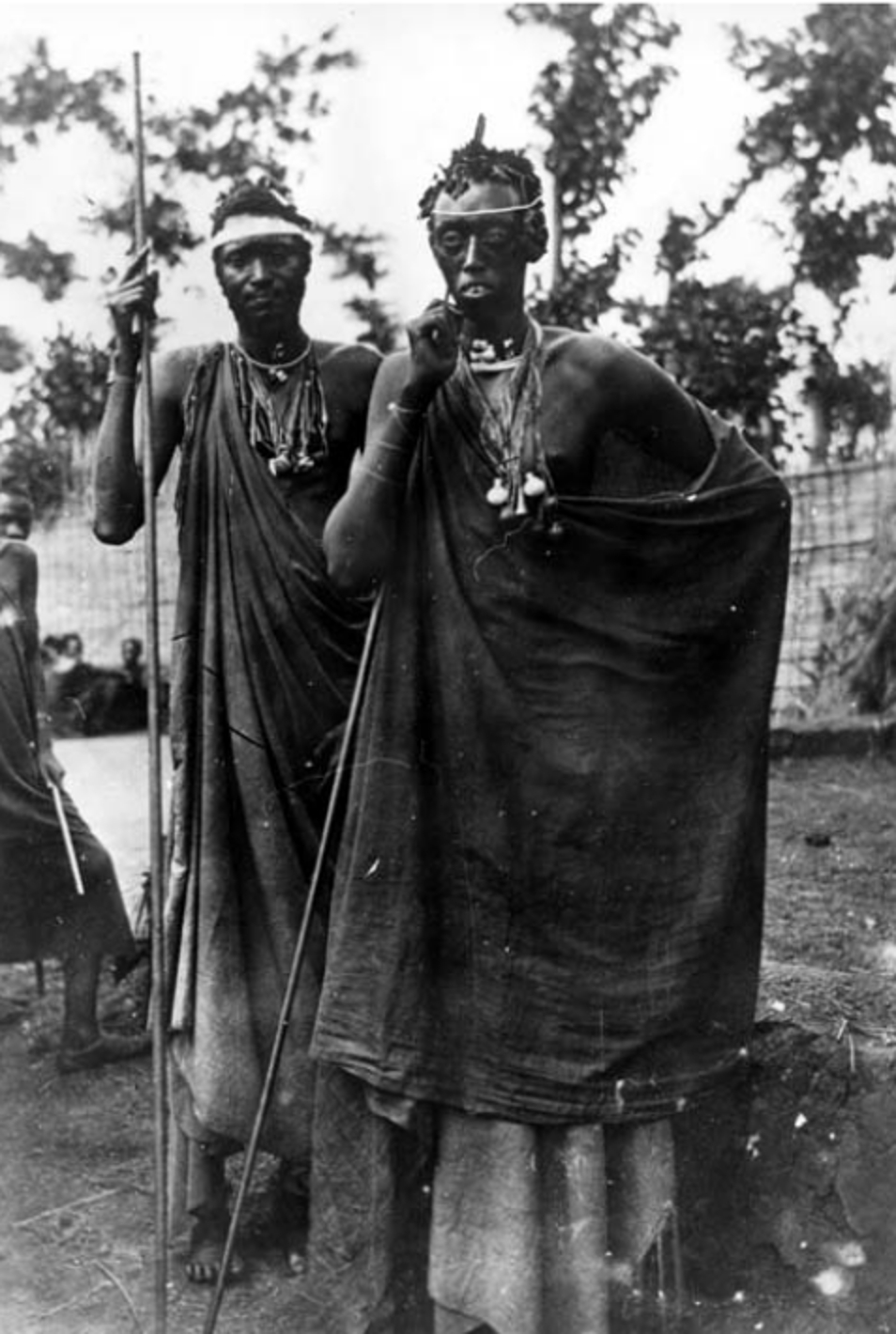The exploration of the Great Lakes: Henry Morton Stanley, 1874-1877
This is a map of Henry Morton Stanley's expeditions to the Great Lakes in the 1870s. The New York Herald
financed Stanley’s first expedition of 1870/71, for which Stanley had been a
correspondent since 1867. The aim was to find the British Missionary and
traveler David Livingstone, who had been believed to got lost
somewhere in Africa. Livingstone, at this time, was on the height of his fame. On
the eve of the Scramble for Africa, he was one of the first heroes of a new
imperialism.Like hardly any other, he seemed to incorporate and propagate
interventionist liberalism, humanist interventionism and the moral conceit of
missionary and abolitionist activists. In the 1870s he added to this gallery martyrdom
in the name of science when he got lost in the interior of Africa on his way to
the sources of the Nile, which still were a major trophy to win for any adventurous explorer.
Livingstone’s rescue would turn Stanley into a hero, too. : "Doctor Livingstone, I assume?" became the header of all major European and American newspapers. The phrase became a catch-word of the late 19th century.
And even today it has still some popularity at least among cartoonists.
The former underdog from a Wallisian orphanage turned into a European celebrity. Later, in the 1880s, he would be gentled by the Queen and celebrated by the masses on their way to the imperial adventures of the late 19th century. Stanley would be their hero. But unlike Livingstone who after all was a peaceful old man, Stanley was ready to use violence to cleave his way through Africa. And this exactly was what made Stanley to embody this new imperialism.
But in the 1870s, science not violence was ticket to pantheon of European heroes.
After finding but not rescuing Livingstone (the old men simply refused to return to Europe), Stanley continued what Livingstone had failed to achieve: the search for the source of the Nile. This second expedition won Stanley the merits of being one of the biggest explorers of the 19th century. For any European to travel to Eastern and Central Africa he had to follow the footsteps of Stanley. Stanley’s achievements, however, were not so much of science but of knowledge, and of course to have survived one the longest expeditions of his time. Stanley marked rather than explored a hitherto unknown part of Africa. Many of his findings, speculations were later questioned by other Europeans.
In the next part something on maps...
Livingstone’s rescue would turn Stanley into a hero, too. : "Doctor Livingstone, I assume?" became the header of all major European and American newspapers. The phrase became a catch-word of the late 19th century.
And even today it has still some popularity at least among cartoonists.
The former underdog from a Wallisian orphanage turned into a European celebrity. Later, in the 1880s, he would be gentled by the Queen and celebrated by the masses on their way to the imperial adventures of the late 19th century. Stanley would be their hero. But unlike Livingstone who after all was a peaceful old man, Stanley was ready to use violence to cleave his way through Africa. And this exactly was what made Stanley to embody this new imperialism.
But in the 1870s, science not violence was ticket to pantheon of European heroes.
After finding but not rescuing Livingstone (the old men simply refused to return to Europe), Stanley continued what Livingstone had failed to achieve: the search for the source of the Nile. This second expedition won Stanley the merits of being one of the biggest explorers of the 19th century. For any European to travel to Eastern and Central Africa he had to follow the footsteps of Stanley. Stanley’s achievements, however, were not so much of science but of knowledge, and of course to have survived one the longest expeditions of his time. Stanley marked rather than explored a hitherto unknown part of Africa. Many of his findings, speculations were later questioned by other Europeans.
In the next part something on maps...





Comments
Post a Comment